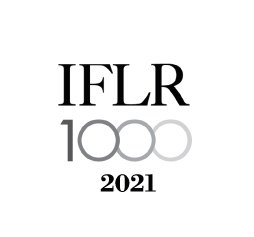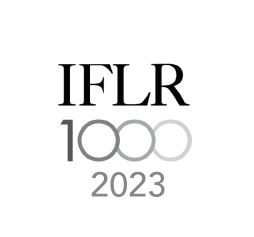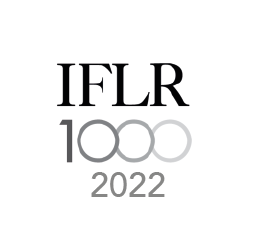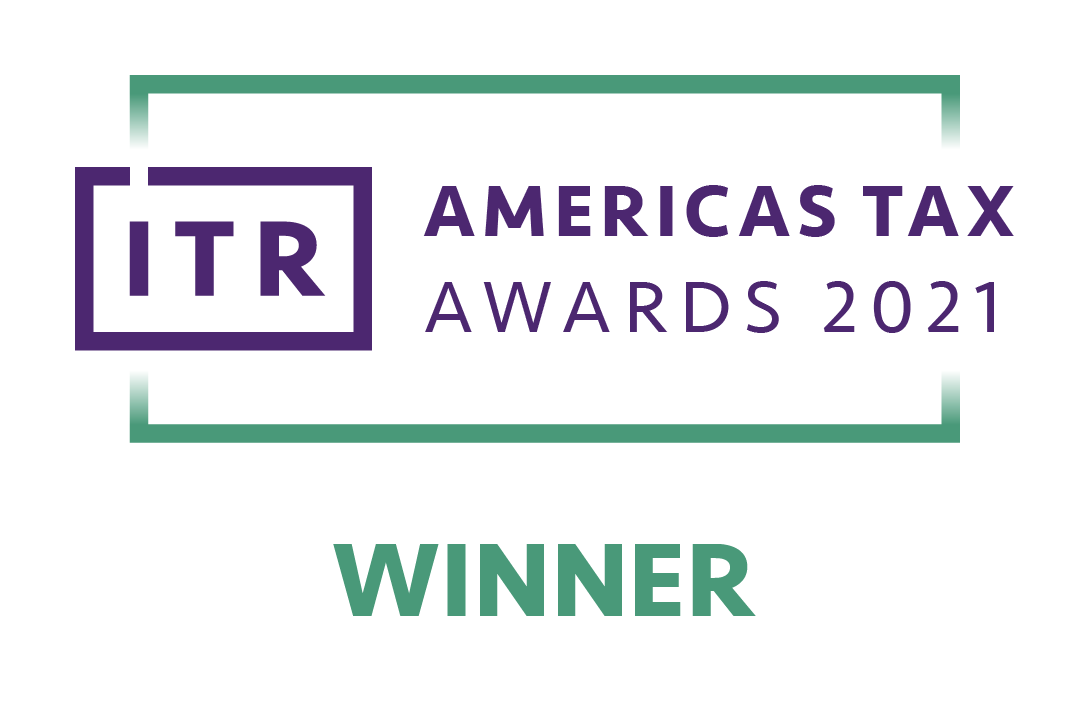On September 9, 2021, the National Securities Commission (“CNV”) issued through Resolution CNV CG N ° 30/21 (“Resolution N ° 30/21”) the new securities market regulation. Resolution No. 30/21, although it repeals previous resolutions issued by the CNV in this regard, actually includes all provisions of the aforementioned resolutions and brings together the same -previously dispersed – in a single body, in addition to making its own modifications. Here is a brief summary of the main aspects.
First, and although in the strict sense it is not new, considering the proximity between Resolution No. 30/21 and Resolution CNV CG No. 29/21 of August 12, 2021 (the previous provision), a remarkable fact occurs around the called “specific groups”, for the purposes of public offering and intermediation of securities, excluding clients of (i) banks and financial entities regulated by Law No. 861 / 96 (General of Banks, Financial Companies and other Credit Institutions), and (ii) brokerage houses registered with the CNV, both in the primary and secondary markets, that receive offers of Savings Deposit Certificates (“CDA”).
Second, and already getting into the specific regulations for the parties involved in the securities market, we find several modifications in “Title 3. Brokerage Houses“. The Resolution establishes a power that, although it seems obvious, was not included in the previous resolutions; this is, the prerogative of expanding the minimum information that brokerage houses must necessarily have for the registration of customer orders. This might seem quite elementary a priori, however, the inclusion transforms the nature of the article -which, previously, contained a minimal list leaving the record of more information to the discretion of brokerage houses – granting greater powers to the regulatory authority.
Continuing with the aforementioned Title 3, it is established the obligation for Brokerage Houses to report daily to the CNV the over-the-counter operations carried out (previously it had to be reported within the following two days). Additionally, financial instruments for the calculation of own portfolio include those delivered or received in repurchase transactions, when the Brokerage Firm acts as a reported or reporter, respectively (previously they were only considered when the Brokerage House acted as borrower or lender in each case).
So far, we have only seen minor specific changes introduced by Resolution No. 30/21. However, a clear regulatory shift is evidenced in the provisions for private placement of securities through a Brokerage House. The most notorious modifications highlight that this type of placement now corresponds exclusively to negotiable obligations formalized through promissory notes or debentures, excluding banks, financial entities, cooperatives and credit houses of the subjects that can carry out a private issue; the restriction by amounts is reduced by half, establishing the limit of 5,000 minimum wages, and exceptionally 15,000 minimum wages in the case of real estate investments, at the same time that the number of investors is limited to a maximum of 35, all of them qualified. Those issuers that carry out a placement of this type will not be able to make another for a period of 6 years (previously the restriction was 12 months between issues) and must inevitably have a risk rating from the issuing entity. The reporting period to the CNV is also doubled, being set at 10 days before issuance.
Regarding issuers, the most notable modifications introduced by Resolution No. 30/21 affect the regime established for SMEs. A previous exemption is eliminated, and SMEs must now report their connections to economic groups and their status as a subsidiary or parent company in the event of holding a stake equal to or greater than 10%. The main variation consists in the limitation of public placements by SMEs, establishing that in all cases they must be guaranteed with a mortgage – free of previous encumbrance – of 150% of the quick sale value of the property (according to appraisal, which it may not be longer than 12 months). In this way, the CNV embodies in Resolution No. 30/21 what in the previous regulation seemed a somewhat diffuse concept according to the expression “effective guarantees to the satisfaction of the Commission” thus unifying this requirement for all SMEs. Regarding the information that they must present on their financial situation, the requirement of financial statements (annual and quarterly) is replaced by the sworn declarations of Business Income Tax (IRE) and Value Added Tax (VAT) within 120 days from the end of the year and 30 days from the end of the month, respectively. Thus, the obligation to present the quarterly report on compliance with their obligations is eliminated.
Regarding the registration of Multilateral Organizations, the requirement to present a risk rating issued by an internationally recognized risk rating agency (at the discretion of the CNV) is eliminated. However, if they wish to carry out an issue, the aforementioned risk rating, issued within a period of no more than 12 months, is required.
For global issuance programs, the possibility is introduced that, both for issuers in general and for multilateral organizations, the amount of issuance of a program may be increased, case in which the document that endorses the decision and the new data must be presented, along with a complementary issuance program as well as an addendum with the bondholders’ representative (if the initial amount is stated in the contract). This provision does not include those entities that have an administrative control authority, for example: banks, finance companies, cooperatives, etc.
There are also modifications for the Management Companies and Equity Investment Funds. The main aggregate corresponds to the paid capital, allowing payments with assets that represent a cash deposit and enjoy high liquidity such as: CDAs, part quotas of mutual funds registered with the CNV or securities of debt registered with the CNV with AA rating or higher; the equivalence of securities in foreign currency is even allowed, discounting 10% at the reference exchange rate published by the parent bank.
For the Administrators, periodicity of the submission of information regarding the subscription and redemption of each fund is modified from monthly to daily.
Regarding the Risk Rating Agencies, the issues exempted from rating, but subject to credit opinion now include those structured in trusts of less than USD 1,000,000; and also include short-term stock bonds (as long as they do not exceed 100% of net worth in relative values or USD 1,000,000 in absolute values). Also, issuances by Municipalities that do not reach 50% of the tax income received in the previous year or USD 3,000,000 are eliminated from the provision (which was contemplated in the previous regulation). Additionally, it is expressly established which issues require risk qualification, encompassing all those that exceed the limits of the previous paragraph, those of the Municipalities (all), and the power of the respective control authorities to regulate matters referring to entities of the financial, insurance and cooperative system.
Last, Resolution N° 30/21 includes the chapter on “credit risk opinion” establishing that Risk Rating companies must register their methodology with the CNV, at the same time that it provides a definition of what a “credit risk opinion” includes, this being an immediate assessment of the ability of a company to meet its commitments, and being an exclusive information product of a private nature except in the case of those risk opinions expressed in cases of public offering of securities .
For more information, please contact Manuel Arias: manuel.arias@berke.com.py and/or Andres Nasser: andres.nasser@berke.com.py












